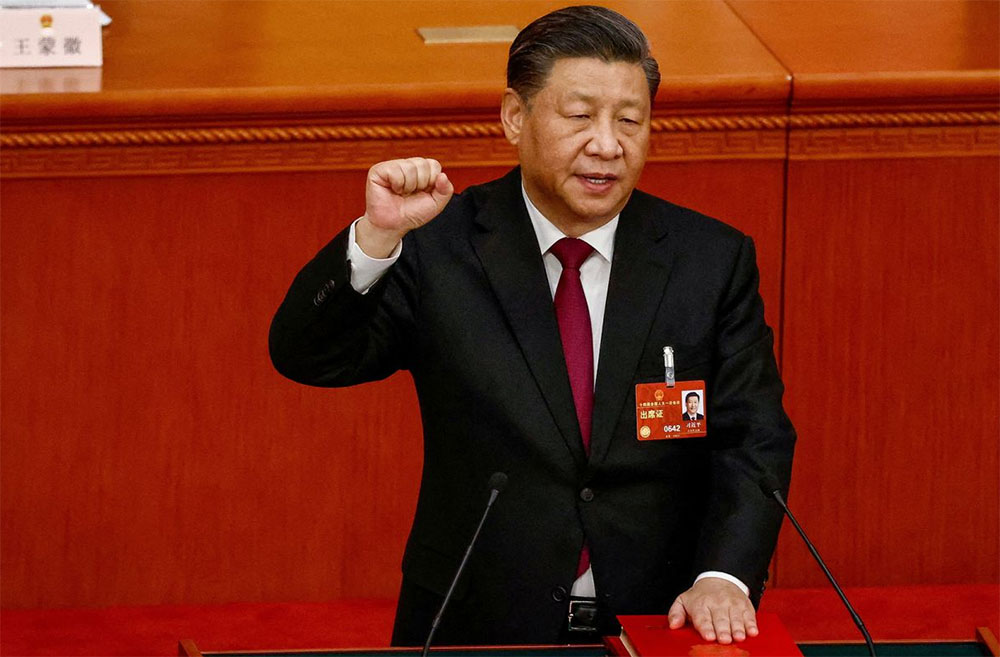

Photo Credit: Getty Images India is finally set to carry out its population census after a...
Photo Credit: Getty Images Tesla, the electric vehicle giant owned by Elon Musk, is reportedly...
Photo Credit: Getty Images India posted an impressive 7.4% GDP growth in the final quarter of the...
Photo Credit: Getty Images Contemporary Amperex Technology Co. Ltd. (CATL), China's EV battery...
Photo Credit: Getty Images The Philippines is in the throes of a high-stakes political drama...
Photo Credit: Getty Images Tensions between nuclear-armed neighbors India and Pakistan intensified...
Photo Credit: Getty Images In its most significant trade deal since leaving the European Union,...
Photo Credit: Getty Images Science-fiction-sounding rumor that China’s disrupted Earth’s rotation now...
Photo Credit: Getty Images In an effort to improve safety and reduce overcrowding on Mount...
Photo Credit: Getty Images In a devastating escalation of violence in Kashmir, 26 tourists were...
Photo Credit: Getty Images Beijing has issued a stern warning to countries considering trade deals...
Photo Credit: Getty Images If you ever book a flight to Japan's Oita Prefecture and see "Hello...